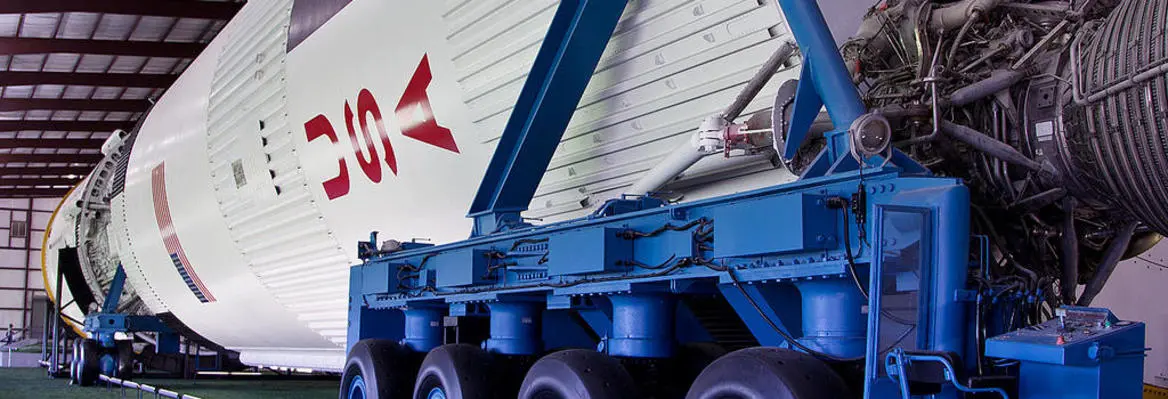We believe science is rational. But, like the church it once fought, it has its own established power structures and its own politics to defend. Has it become the new church, with beliefs tended by the faithful and heretics excluded from publication? Or is this a travesty of an institution that has brought so much advance?
John Horgan is a science journalist and director of the Center for Science Writings at Stevens Institute of Technology in New Jersey. He was a senior writer at Scientific American from 1986 to 1997, and has also written for The New York Times, National Geographic, Time, and Newsweek. Horgan’s most recent book is 2012’s The End of War, which argues that war should be viewed as a scientific problem to be solved like any other.
Here, he speaks to the IAI about the power of science and the twin threats of politics and postmodernism.
We are repeatedly told that scientific developments and technology will be able to solve all of our problems. For example, Macmillan the cancer charity claims that through advances in chemistry we’ll be able to abolish cancer. Do you think we rely on science too much to answer all of our questions?
Well, science has improved our lives in many, many ways, especially applied science. We’re communicating via telephone, for example, and I have access to virtually all of the world’s knowledge instantly through my computer. Our technologies are becoming cleaner all the time – I live right next to the Hudson river which is much less polluted now than it was 30 years ago when I first moved to New York. So science makes our lives better in many material ways and it has also enriched our lives intellectually by showing us how the universe works, how nature works, it reveals the laws of physics and biology and so forth.
But there are many problems that science has a very hard time solving and that science is even contributing to: pollution, global warming, inequality, warfare etc. So we’re constantly trying to weigh the benefits of science with its downsides and point out the problems and try to get science to be more beneficial. I think we’re in a period right now, at least in the US, where science is particularly affected by the militarism and capitalism of the culture in which it’s embedded in ways that scientists themselves are loath to discuss. That’s one of the biggest issues; not that science is becoming like a religion, but that science sometimes is perpetuating some of the problems it’s trying to solve.
You’ve alluded to one of the major anxieties of the 20th century – that scientific and technological advances can have catastrophic consequences such as the development of nuclear weapons. Do you think scientific enquiry should be more guided by ethical values?















Join the conversation